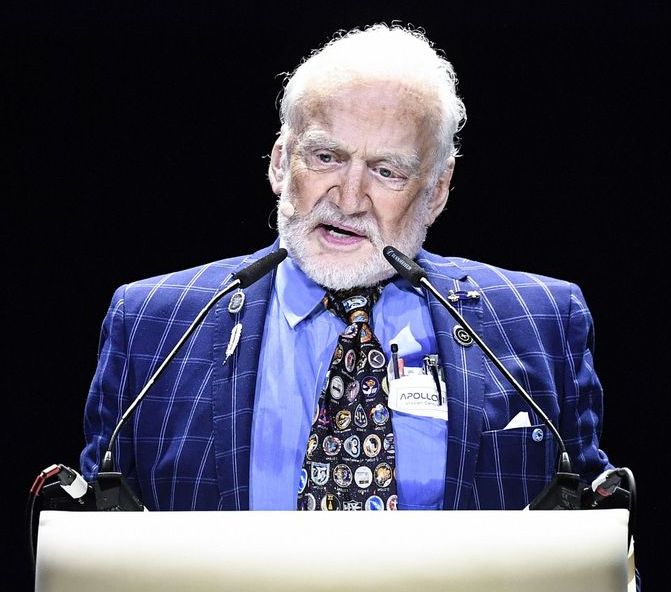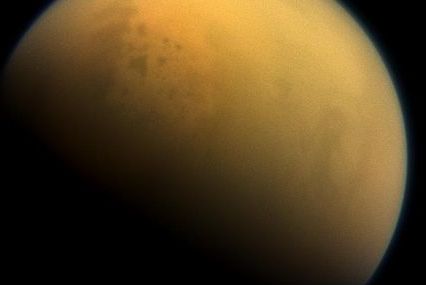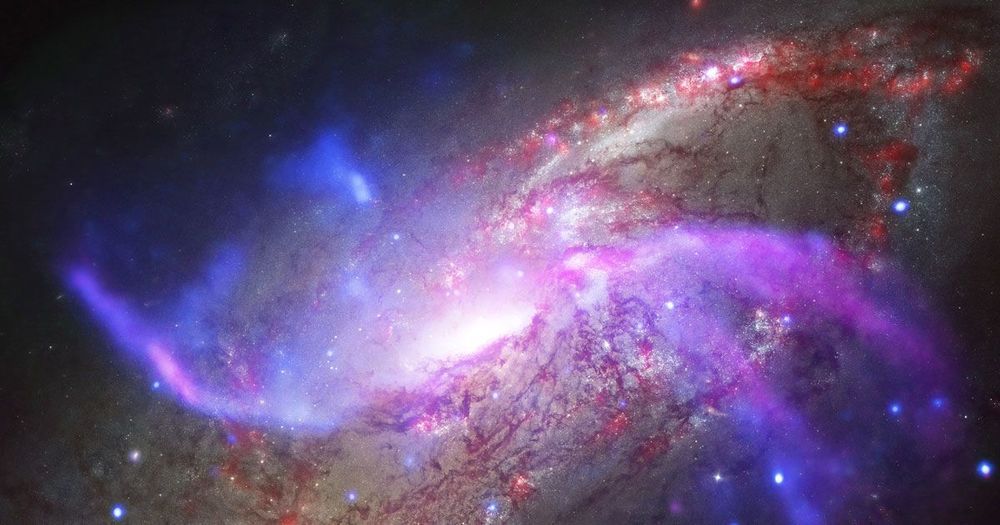The former NASA astronaut has told of a conversation he had with the renowned scientist.


UK Space Agency has confirmed that it is drafting regulations for Europe’s first spaceport set to be built in Cornwall…
The UK Space Agency has confirmed that it’s currently drawing up rules for Europe’s first ever spaceport that is set to be built in Cornwall. Flights could be operating as early as the 2020s.



What’s at the center of the Milky Way galaxy and what would be different if Earth was positioned there?
Next stop? Saturn’s moon Titan!
Titan, an analog to the early 🌎, can provide clues to how life may have arisen on our planet. Working with the JHU Applied Physics Laboratory (APL), we’ll send our new mission #Dragonfly to take to the skies in search for the building blocks of life: https://go.nasa.gov/2Nv0Eb0

A team of researchers affiliated with several institutions in Spain and the U.S. has announced that they have discovered a new property of light—self-torque. In their paper published in the journal Science, the group describes how they happened to spot the new property and possible uses for it.
Scientists have long known about such properties of light as wavelength. More recently, researchers have found that light can also be twisted, a property called angular momentum. Beams with highly structured angular momentum are said to have orbital angular momentum (OAM), and are called vortex beams. They appear as a helix surrounding a common center, and when they strike a flat surface, they appear as doughnut-shaped. In this new effort, the researchers were working with OAM beams when they found the light behaving in a way that had never been seen before.
The experiments involved firing two lasers at a cloud of argon gas—doing so forced the beams to overlap, and they joined and were emitted as a single beam from the other side of the argon cloud. The result was a type of vortex beam. The researchers then wondered what would happen if the lasers had different orbital angular momentum and if they were slightly out of sync. This resulted in a beam that looked like a corkscrew with a gradually changing twist. And when the beam struck a flat surface, it looked like a crescent moon. The researchers noted that looked at another way, a single photon at the front of the beam was orbiting around its center more slowly than a photon at the back of the beam. The researchers promptly dubbed the new property self-torque—and not only is it a newly discovered property of light, it is also one that has never even been predicted.

Do you know how to maintain a family-sized garden without unlimited soil, natural sunlight and Earth’s gravity? If the answer is yes, then call NASA.
The Fairchild Tropical Botanic Garden in Miami in partnership with NASA is calling all “makers” to participate in its “Growing Beyond Earth Maker Contest.” The challenge is to reinvent the systems used to grow edible plants on the International Space Station and beyond.
Fairchild and NASA began their partnership in 2015 to find more ways to sustain plant life in space. Last summer, the botanical garden received a nearly $750,000 grant from NASA to support its Growing Beyond Earth Innovation Studio, a community work space dedicated to the technology of growing food.

Scientists found a way to make sense of particularly chaotic events in nature.
Thanks to a new set of equations for modeling turbulence, scientists can now better predict things like how galaxies form in distant space, complex weather patterns here on Earth, and nuclear fusion. According to the research, published this Spring in the journal Physical Review Letters, turbulence may start out chaotic but then falls into a more uniform pattern that scientists can readily model and understand.